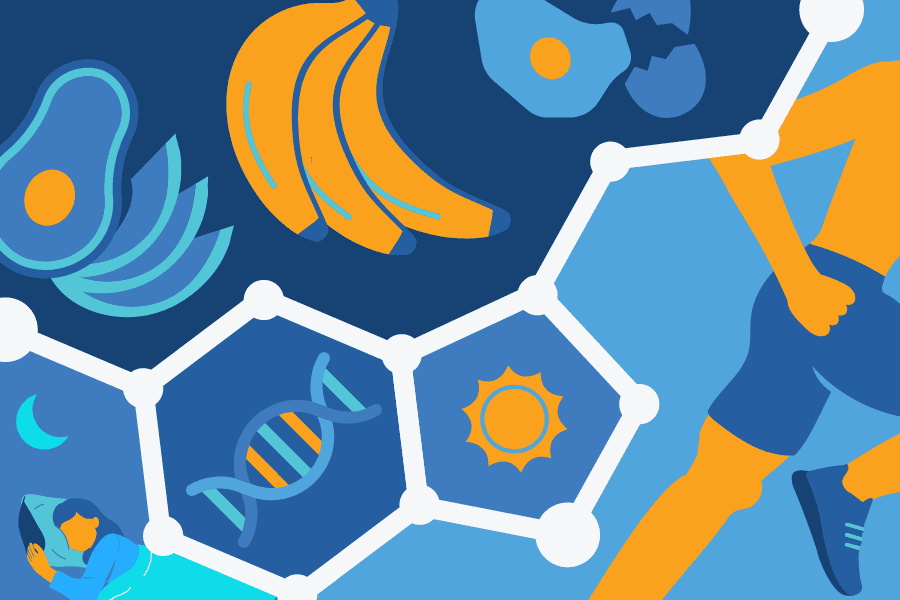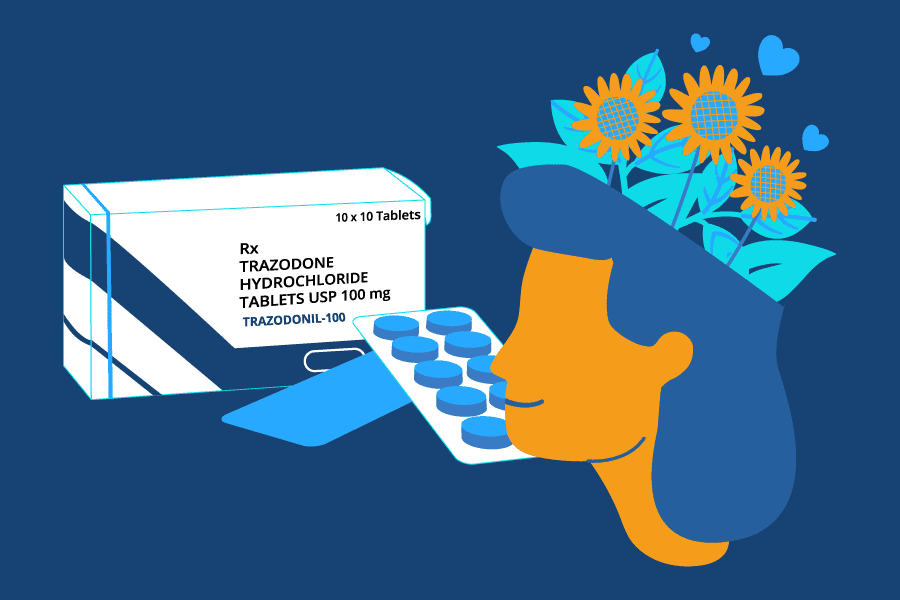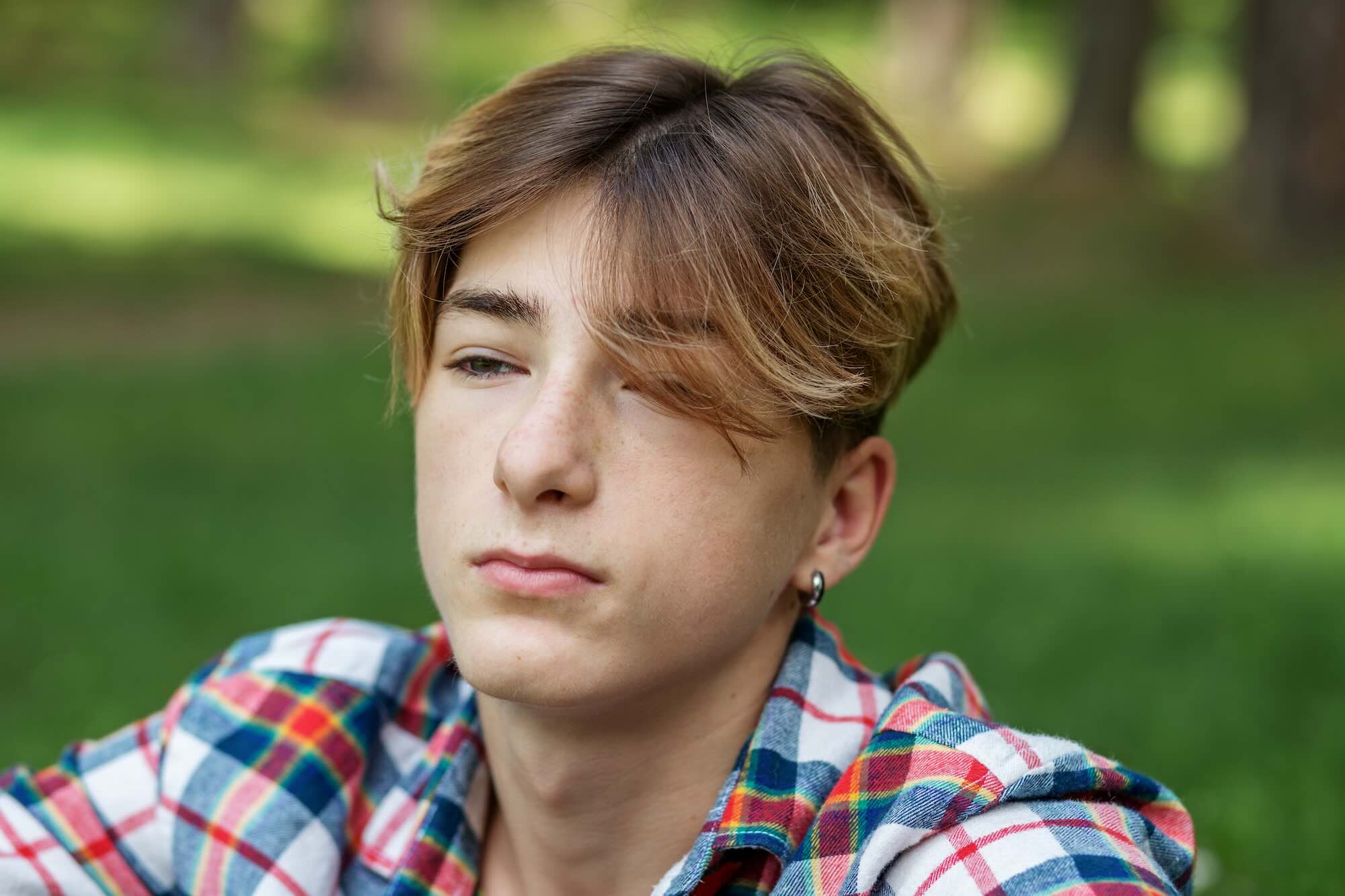How Sandstone Care Treats Depression
Depression is one of the most common mental health issues in the country. Finding the right treatment for you or your loved one can be a huge relief, even life-changing. Effective treatment not only helps people feel better at the moment but also gives them tools to continue to thrive in all aspects of their life.
Sandstone Care uses a Holistic Approach Including:
- Thorough Assessment
- Functional Medicine
- Individualized Treatment Plan
- Co-Occurring Disorders Treatment
- Depression-Specific Treatment Considerations
Thorough Assessment
Often people who struggle with depression get misdiagnosed and are then treated for their drug use or anxiety, instead of depression. Many people use drugs and alcohol to numb the painful feelings associated with depression.
Unfortunately, alcohol and many drugs like marijuana and opiates deplete serotonin and dopamine, making it even harder for depressed people to experience joy.
Many clients receive treatment for anxiety when in fact depression is the root problem. Doctors and psychiatrists usually prescribe benzodiazepines like Valium and Xanax, which act as sedatives to quell anxiety. If the anxiety is just a symptom of an underlying depression, then sedation may deepen the depression.
At Sandstone Care, we start with a thorough assessment of each teen or young adult who joins us. Understanding the whole picture, including substance use, family dynamics, and past trauma, helps us create an individualized treatment plan. We also perform a psychiatric assessment with the option to take a traditional approach or an alternative, holistic assessment using Functional Medicine.
We look at the whole family system and what has and has not worked in the past. We want to fully understand where people are coming from and what their goals are, to create a custom treatment plan for each client.
Individualized Treatment Plan
At Sandstone Care, we take everyone’s unique situation into account when creating a treatment plan. We offer a continuum of care from partial hospitalization (PHP) to outpatient care (OP). Teens and young adults can start with the level of care that is appropriate for their situation.
We focus on the group process, including 4 group meetings a week for the Intensive Outpatient Program (IOP) as well as family meetings. Engaging with peers and families is especially healing for depressed teens and young adults.
We use evidence-based practices, including CBT, DBT, and experiential exercises, to address the core issues that contributed to the depression. Our experienced clinical team finds the best blend of treatment modalities to suit each young adult or teens situation.
Co-Occurring Disorder Treatment
Many people who struggle with depression also have a substance use disorder, often in an attempt to numb the depression. Our treatment addresses the substance use as well as the underlying depression. Fabinski says that after around six weeks of going through the program, the teens and young adults are in a good place.
The combination of talk therapy, group activities, and sobriety help people climb out of the hole of their depression and start to feel better again. Our clinicians are certified in mental health and addiction counseling, with years of experience in dealing with the complexities that co-occurring disorders present.
Depression & Drug Treatment Options
Substance use, depression, and anxiety are common co-occurring disorders. There are many treatment options for you or your loved one. If we aren’t the right program for your loved one, we can make recommendations to help you in your search.


Online Treatment Programs
Our virtual IOP program offers the same programming that we offer in person, all online – this is ideal for those who live too far to drive to an addiction center, have transportation issues, or have health concerns that make in-person treatment challenging.




